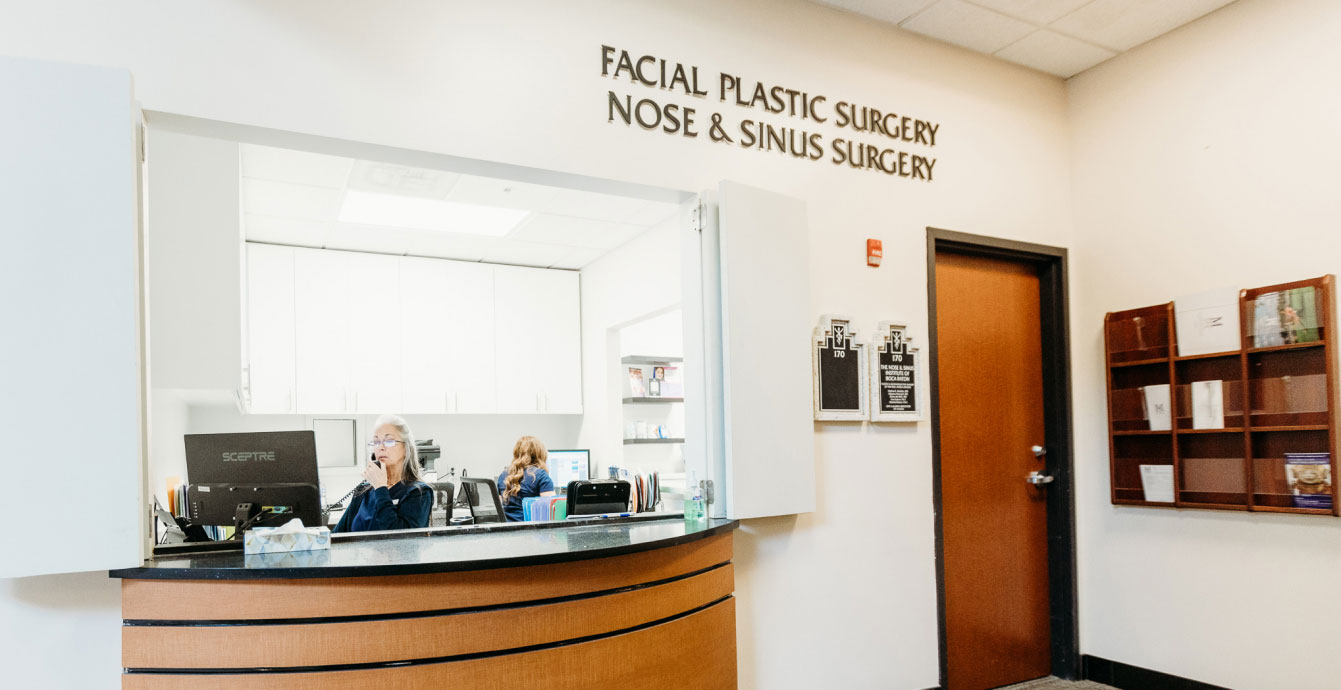

You've just undergone sinus, nose, or rhinoplasty surgery and notice some bleeding. Don’t panic! You're not alone—many patients experience nose bleeds post-surgery. Understanding what is normal, what is concerning, and how to handle it calmly can help reduce your anxiety during recovery. FSIBR is here to empower you on what to expect after nose surgery.

Dr. Hancock · July 31, 2024
Posted In: Nose Surgery • Nose Surgery Preparation
Firstly, let's address a common question: "Is bleeding after rhinoplasty normal?" Yes, it is. After any surgical procedure involving the nose, some bleeding is expected. Your nasal tissues have undergone significant manipulation, and a little oozing is part of the healing process. This means you might notice some blood on your gauze or when you gently dab your nose, especially during the first 24-48 hours after surgery.
Dr. Hancock often reassures her patients with this comforting message: “It’s totally normal to be a little oozy after sinus, nose, and rhinoplasty surgery.
While some bleeding is normal, it’s important to differentiate between expected oozing and excessive bleeding. If you experience a constant stream of bright red blood that doesn’t slow down, this can be concerning. Dr. Hancock emphasizes the importance of contacting your surgeon if this happens. This type of bleeding can indicate that a blood vessel might have been disturbed or that there is an issue requiring medical attention.
If you notice excessive bleeding, here’s what you can do to manage the situation effectively:
During rhinoplasty or revision rhinoplasty, blood vessels in your nose are inevitably disturbed. Your body’s natural response to surgery is to increase blood flow to the area to promote healing, which can lead to some bleeding. Additionally, removing nasal packing, blowing your nose too soon, or engaging in strenuous activities can also trigger bleeding.
If you experience any of the following symptoms of post-operative bleeding, seek immediate medical attention:
Remember, a little oozing is normal, but if you encounter persistent, heavy bleeding, it’s essential to contact your surgeon. Dr. Hancock and our team in Boca Raton are dedicated to your post-operative care and are always available to support you through your recovery journey. Stay calm, follow the recommended steps, and don’t hesitate to reach out if you need reassurance or assistance.

Written by Facial Surgery Institute of Boca Raton Medical Experts
